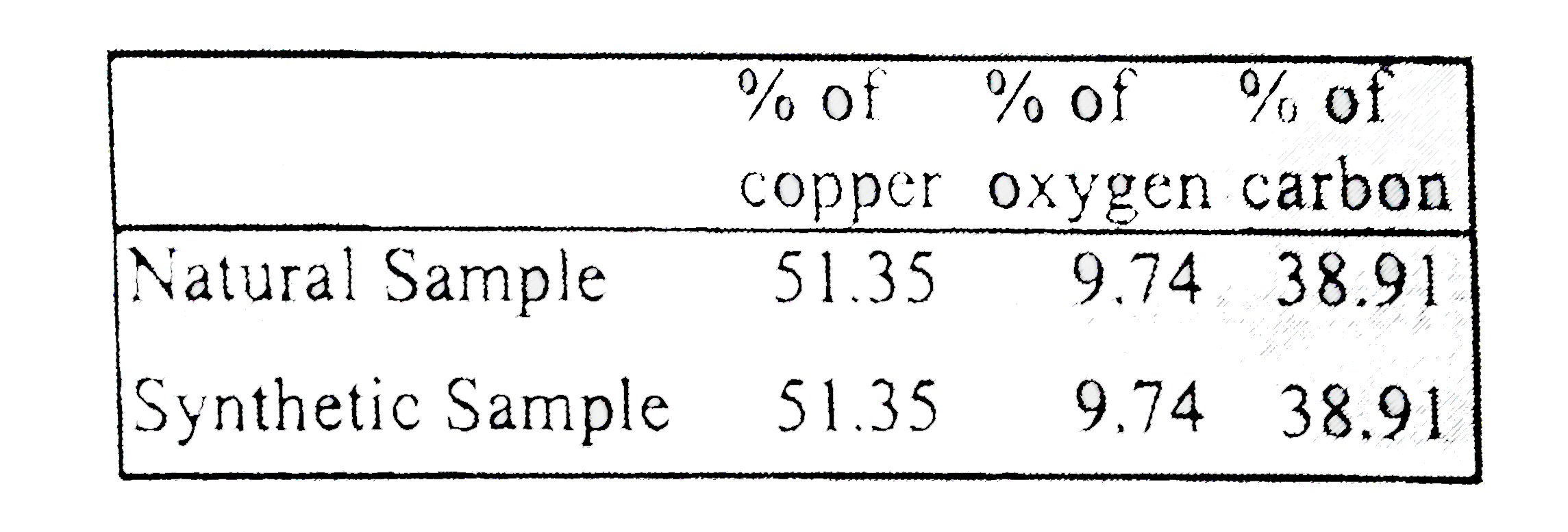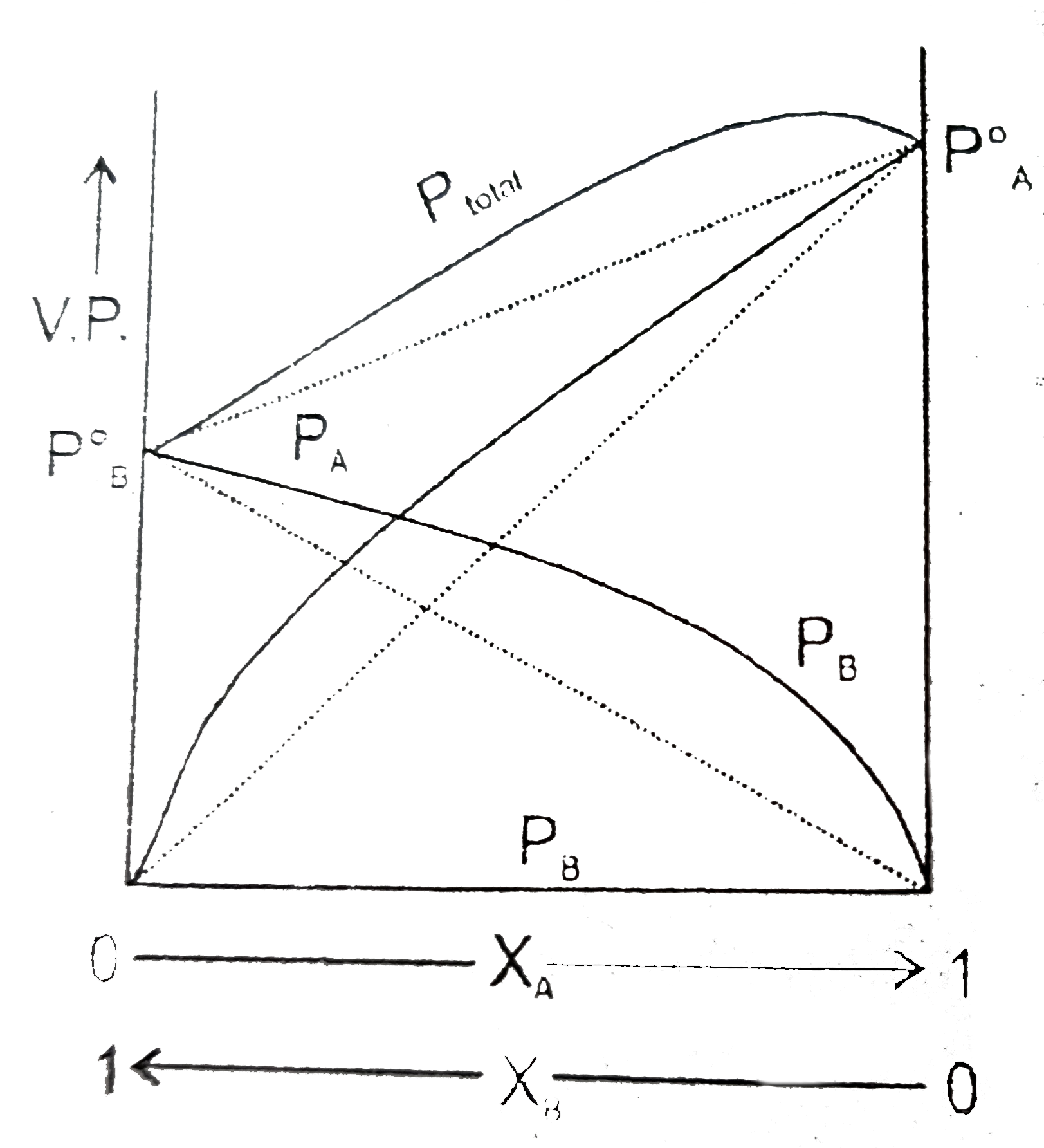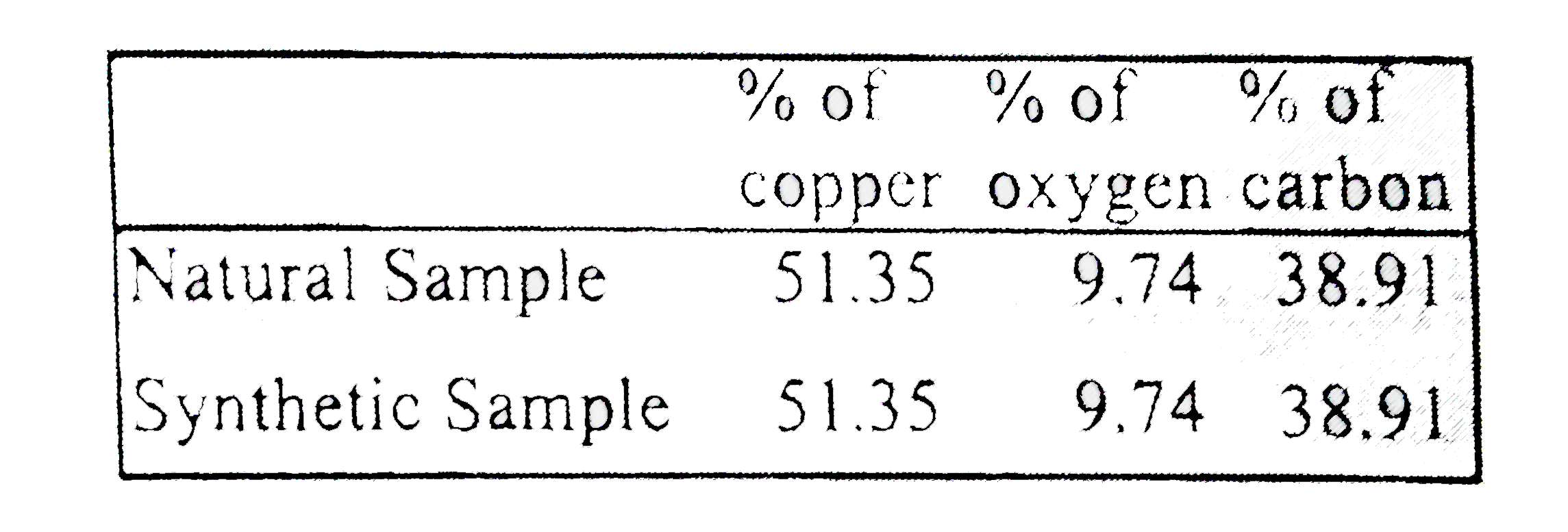From the list, given below, select the correct answers for
[Isobars, Isotopes, Efflorescence, Hygroscopy, Charles's law, Boyle's law, Kelvin, Thermal dissociation, Thermal decomposition].
A phenomenon where a compound absorbs moisture from the atmosphere when it is exposed to it but not enough to form a solution.
To solve the question, we need to identify the correct term from the provided list that describes the phenomenon where a compound absorbs moisture from the atmosphere without forming a solution.
1. Understanding the Definition:
- The question describes a phenomenon where a compound absorbs moisture from the atmosphere but does not dissolve in it to form a solution. This means that the compound can take in water vapor from the air.
2. Analyzing the Options:
- Let's look at the terms provided:
- Isobars: Atoms with the same mass number but different atomic numbers.
- Isotopes: Atoms with the same atomic number but different mass numbers.
- Efflorescence: The process where a hydrated salt loses water to the atmosphere.
- Hygroscopy: The ability of a substance to absorb moisture from the air.
- Charles's Law: A gas law that describes how gases tend to expand when heated.
- Boyle's Law: A gas law that describes the inversely proportional relationship between pressure and volume of a gas.
- Kelvin: A unit of temperature.
- Thermal Dissociation: The process where a compound breaks down into simpler substances when heated.
- Thermal Decomposition: Similar to thermal dissociation, it refers to the breaking down of a compound due to heat.
3. Identifying the Correct Term:
- From the definitions, Hygroscopy is the term that specifically refers to the ability of a substance to attract and hold water molecules from the surrounding environment, which aligns perfectly with the description in the question.
4. Conclusion:
- Therefore, the correct answer to the question is Hygroscopy.
- The question describes a phenomenon where a compound absorbs moisture from the atmosphere but does not dissolve in it to form a solution. This means that the compound can take in water vapor from the air.
- Let's look at the terms provided:
- Isobars: Atoms with the same mass number but different atomic numbers.
- Isotopes: Atoms with the same atomic number but different mass numbers.
- Efflorescence: The process where a hydrated salt loses water to the atmosphere.
- Hygroscopy: The ability of a substance to absorb moisture from the air.
- Charles's Law: A gas law that describes how gases tend to expand when heated.
- Boyle's Law: A gas law that describes the inversely proportional relationship between pressure and volume of a gas.
- Kelvin: A unit of temperature.
- Thermal Dissociation: The process where a compound breaks down into simpler substances when heated.
- Thermal Decomposition: Similar to thermal dissociation, it refers to the breaking down of a compound due to heat.
- From the definitions, Hygroscopy is the term that specifically refers to the ability of a substance to attract and hold water molecules from the surrounding environment, which aligns perfectly with the description in the question.
- Therefore, the correct answer to the question is Hygroscopy.
Topper's Solved these Questions
Similar Questions
From the list, given below, select the correct answers for
[Isobars, Isotopes, Efflorescence, Hygroscopy, Charles's law, Boyle's law, Kelvin, Thermal dissociation, Thermal decomposition].
Temperature measured equals to celsius temperature plus 273.View SolutionFrom the list, given below, select the correct answers for
[Isobars, Isotopes, Efflorescence, Hygroscopy, Charles's law, Boyle's law, Kelvin, Thermal dissociation, Thermal decomposition].
Decomposition of a compound by the action of heat, on cooling, original substance is formed.View Solution
Knowledge Check
- Question 1 - Select One
Select correct answers from the choices A, B, C, D which are given. Write down only the letter corresponding to the correct answer.
Which salt forms coloured solution when dissolved in water?Acalcium chlorideBzinc carbonateCcopper sulphateDcalcium carbonate
From the list, given below, select the correct answers for
[Isobars, Isotopes, Efflorescence, Hygroscopy, Charles's law, Boyle's law, Kelvin, Thermal dissociation, Thermal decomposition].
Atoms of the same element having the same atomic number but different mass numbers.View SolutionFrom the list, given below, select the correct answers for
[Isobars, Isotopes, Efflorescence, Hygroscopy, Charles's law, Boyle's law, Kelvin, Thermal dissociation, Thermal decomposition].
At constant temperature, the volume of a given mass of dry gas is inversely proportional to its pressure.View SolutionSelect the correct answer from A,B,C,D and E for each statement given below:
A. Iron B. Carbonic acid C. Hydrogen D. Oxygen E. Carbon monoxide
the neutral gas obtained on thermal decomposition of potassium nitrate.View SolutionSelect the correct answer from A,B,C,D or E for each statement give below:
A. Nickel B: Sodium C: Iron D: Iron [III] oxide E: Magnesium oxide.
The metallic compound formed when a metal above aluminium in the activity series reacts with steam.View SolutionThis law was given by, a French chemist , Joseph Proust. He stated that a given compound always contains exactly the same proportion of elements by weight.
Proust worked with two samples of curpic carbonate- one of which was of natural origin and the other was synthetic one . He found that the composition of elements present in it was for both the samples as shown below:
Thus, irrespective of the source, a given compound always contains same elements in the same proportion. The validity of this law has been confrmed by various experiments. It is sometimes also reffered to as Law of constant composition.
Limitation:
This law is not applicable if the compound is formed from different isotopes of an element . The two isotopes of carbon C-12 and C-14 form carbondioxide C12O2 and C14O2 . The ratio of C : O is 12 : 32 and 14 : 32 respectively .It is not a constant ratio.
0.5 G silver is dissolved in excess of nitric acid. This solution is treated with excess of NaCl solution when 0.66 g AgCl is formed. One gram metallic silver wire is heated in dry Cl2 ,1.32 g AgCl is formed . Show that these data confirm the law of constant proportion.
 View Solution
View SolutionAnswer the question (given below) which are based on the following diagra.

Consider some facts about the above phase diagram :
Vapour pressure diagram for real solutions of two liquids A and B that exhibit a positive deviation from Raoult's law. The vapour pressure of both A and B are greater than predicted by Raoult's law. The dashed lines lines represented the plots for ideal solutions.
A: This is observed when A...B attraction are greater than average of A...B and B...B attraction:
B: ΔHmix=+ve,ΔVmix=+ve
C: Boiling point is smaller than expected such that vaporisation is increased
D: Mixture is called azeotropic mixture
Select correct factsView SolutionThis law was given by, a French chemist , Joseph Proust. He stated that a given compound always contains exactly the same proportion of elements by weight.
Proust worked with two samples of curpic carbonate- one of which was of natural origin and the other was synthetic one . He found that the composition of elements present in it was for both the samples as shown below:
Thus, irrespective of the source, a given compound always contains same elements in the same proportion. The validity of this law has been confrmed by various experiments. It is sometimes also reffered to as Law of constant composition.
Limitation:
This law is not applicable if the compound is formed from different isotopes of an element . The two isotopes of carbon C-12 and C-14 form carbondioxide C12O2 and C14O2 . The ratio of C : O is 12 : 32 and 14 : 32 respectively .It is not a constant ratio.
6.488 g lead with 1.002 g oxygen to form an oxide. This oxide is also obtained by heating Pb(NO3)2, It is found that % of lead in this oxide is 86.62 .Show that these date illustrate the law of definite proportions.
 View Solution
View Solution

